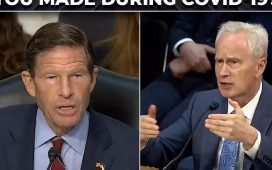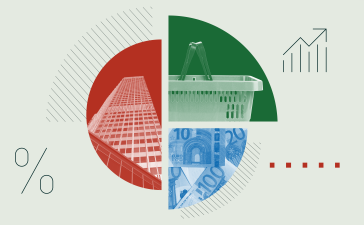Prime Minister Christopher Luxon defended the move, saying he was not concerned about the legal advice or past decisions.
Luxon told the media that he does not care what anyone else says about the matter. He added that if someone wants to cause harm and suffering to fellow New Zealanders and ends up in prison as a result, their right to vote will be withdrawn.
But the decision has not gone down well with the opposition parties who have taken on the Luxon government for proposing the ban.
Labour and the Greens have criticised the decision. They say it does not help with rehabilitation and wastes government time.“We changed the law because the Supreme Court told us that denying prisoners voting rights was a breach of the Human Rights Act,” Labour’s Justice spokesperson Duncan Webb said.Greens Justice spokesperson Tamatha Paul also questioned the government’s priorities.
“I think this is a stupid waste of time,” she said.
She added that the move does nothing to make communities safer and “further alienates” people in prison.
Another political party, the Te Pāti Māori, strongly opposed the plan, calling it a “shameful step backwards.”
Its Justice spokesperson Tākuta Ferris said denying the right to vote does not strengthen society, but it weakens democracy and breaches Te Tiriti o Waitangi (signed between the British Crown and the Māori Chiefs to protect their rights). Voting is not a privilege to be taken away but a fundamental human right, Ferris added.
However, charitable organisations like The Sensible Sentencing Trust supported the move.
The trust’s Louise Parsons said prisoners had “lost their right to be part of a functioning society” by committing crimes.
“Rather than wanting to vote, why don’t they concentrate on doing some rehabilitation so they don’t reoffend when they come out?” she said.
The government says the voting ban will only apply while prisoners are behind bars. Once they are released, their voting rights will be restored.
Opposition parties argue that removing the right to vote harms rehabilitation and increases alienation from society. They say most prisoners will return to normal life and should not be shut out of the democratic process. This proposed law change is expected to be introduced in the coming months.











